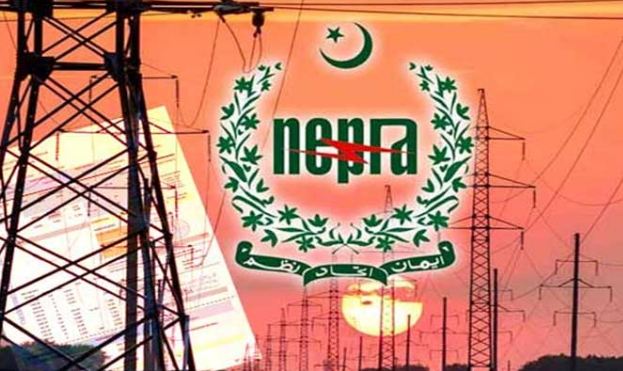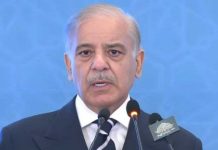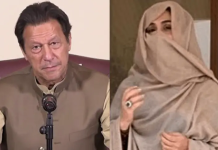ISLAMABAD – The National Electric Power Regulatory Authority (Nepra) on Friday approved a rise in the base tariff of electricity by Rs4.96 per unit and the sent the proposal to the federal government.
Although the increase in the base tariff, the hike was expected to be below Rs2.50 per unit. The decision – a product of the deal reached the International Monetary Fund’s (IMF) – represents the conditions that will certainly further burden the people who are already rattled by the record-breaking inflation.
Read more: More inflationary measures on the cards as govt set to hike power, gas tariffs
The move comes as Prime Minister Shehbaz Sharif reassured IMF Managing Director Kristalina Georgieva that he would not tolerate an iota of violation of the agreement reached with the world’s top financial institution.
According to a press release, the regulator determines the tariff by evaluating the transmission and distribution losses of the electricity distribution companies. The federal government reserves the right of request for unanimous tariff for all Discos. Consumers will be charged according to the new tariff after the notification is issued.
The Nepra said Mepco, Gepco, Hesco, Sepco, Kesco, Pesco and Tesco had applied for an adjustment under Multi Year Tariff Order (MYTO) for financial year 2023-24, whereas Iesco, Lesco and Fesco sought an interim tariff for financial year 2023-24 to 2027-28 under MYTO (a methodology used to determine tariffs across the electricity value chain).
Hence, the Nepra has fixed the national average tariff for financial year 2023-24 at Rs29.78 per unit while the average tariff is Rs4.96 per unit higher than the previous one. The average tariff fixed by Nepra was Rs24.82 per unit.
The main reasons for the increase in tariffs, says Nepra, are the decline in sales, depreciation of the rupee, inflation, interest hike and increase in capacity.
Meanwhile, it also says the total revenue of the Discos is expected to be around Rs3,281 billion and that the tariff is expected to be eased after the reduction in the intensity of aforementioned reasons of hike.
As the IMF Executive Board approved the $3 billion deal under a stand-by arrangement, Georgieva had earlier stressed that Pakistan would have to accelerate structural reforms, as the world’s top financial institution’s executive board gave final approval to the $3 billion stand-by arrangement for the country.
She called for reducing state expenditure and bringing changes in the energy sector through steps like increase in tariff while modifying the subsidy structure.
“Maintaining discipline over non-critical primary expenditure will be essential to support budget execution within the envisaged envelope. In parallel, the authorities urgently need to strengthen energy sector viability by aligning tariffs with costs, reforming the sectors cost base, and better-targeting power subsidies.”
CAN INDUSTRIES SUSTAIN?
The move will obviously make it impossible for businesses, especially industries, to sustain by propelling the cost of doing business in a country which is notorious for the poor ranking it enjoys when it comes to ease of doing business.
And with more less stagnant exports, Pakistan will be find it even more difficult to market the products abroad for being too expensive, thus turning them uncompetitive.
The industrialists are already clamouring for regionally competitive electricity tariffs as they along with some economic experts firmly believe that the circular debt issue is a result of transmission and distribution losses, theft and the failure to recover dues.
Coupled with the unprecedented interest rate, there is no room for expanding the businesses at a time when even keeping the establishments open is challenge.
With the reduced purchasing power and stagnant wages, it also means Pakistan won’t be able to generate new employment opportunities.

















